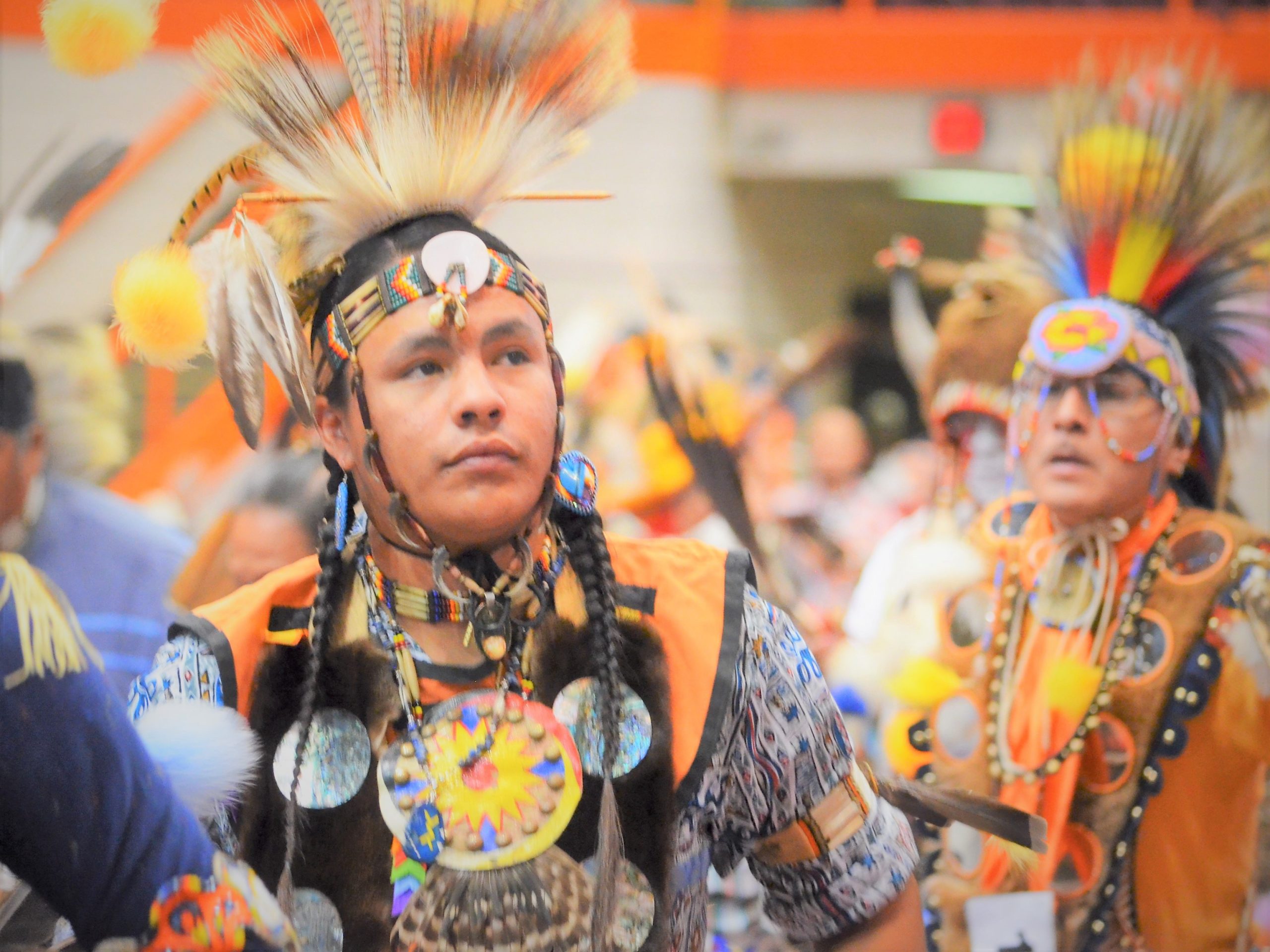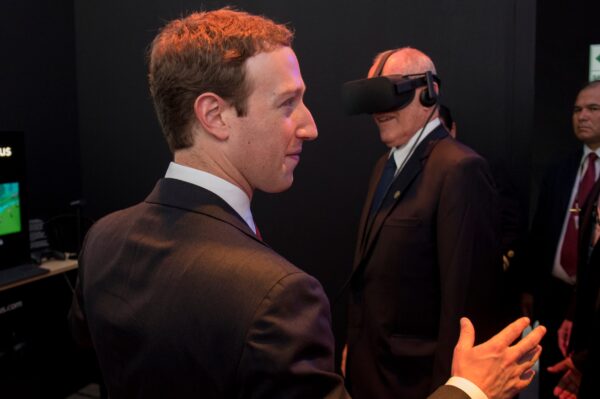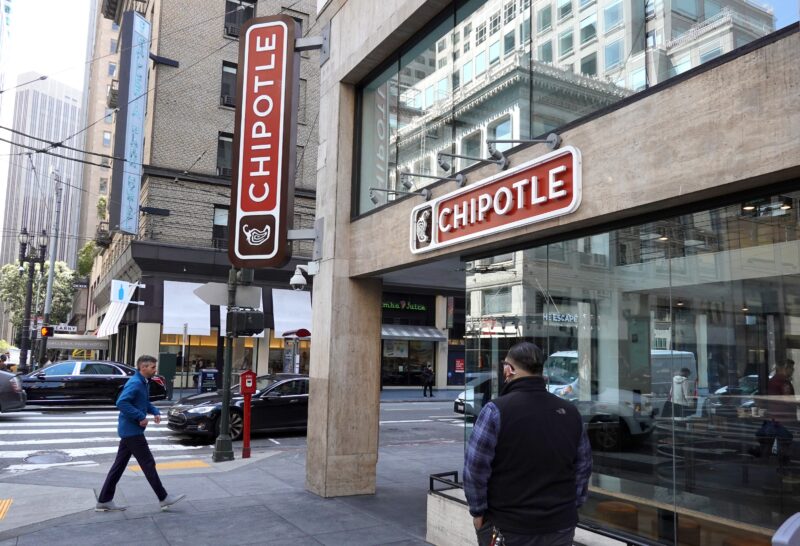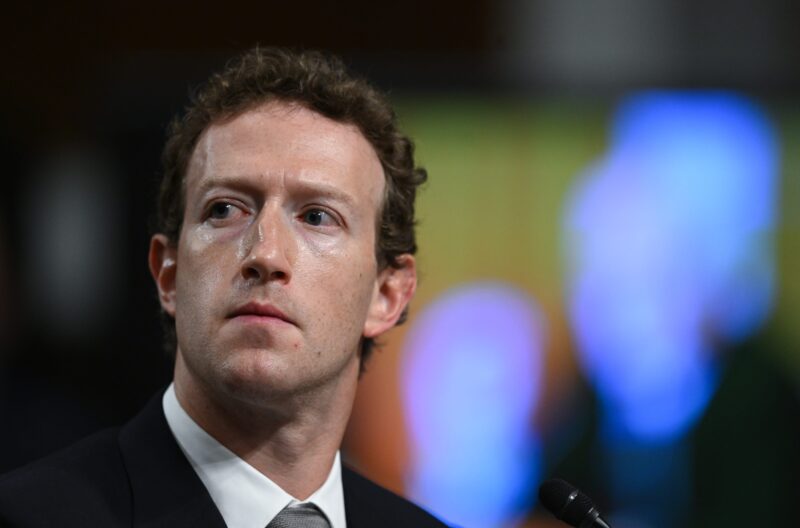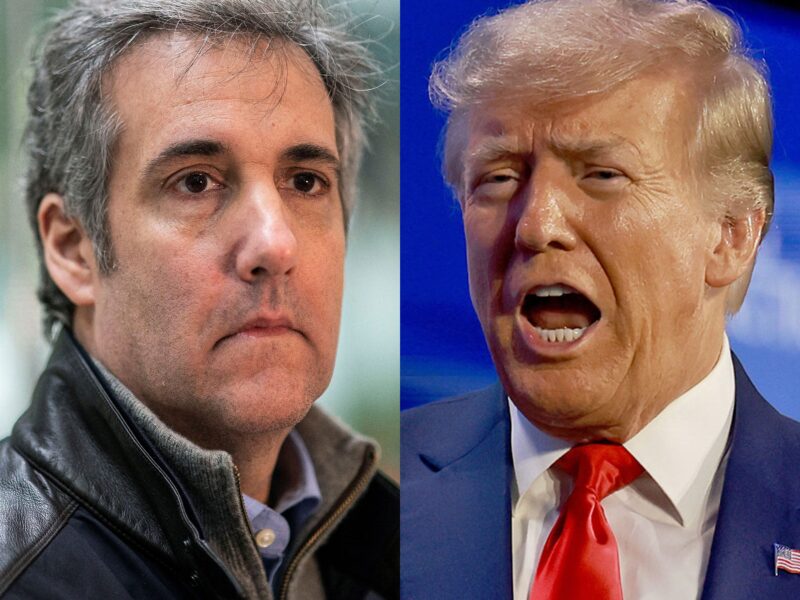- Native American culture is often misunderstood and is frequently appropriated.
- Sometimes, even the most progressive non-Natives can say things they don’t realize are offensive to Native friends and coworkers.
- Referring to “powwows” and “spirit animals,” as well as claiming dubious Native heritage, all can be seen as offensive.
- Visit Insider’s homepage for more stories.
I don’t know if there’s a culture in the United States whose language, symbols, and traditions get appropriated more than that of Native Americans.
And for some reason, no one is fazed by it.
I may be biased – after all, I am a Sicangu Lakota Native. After centuries of forced assimilation and federal laws preventing us from practicing our culture (until 1978), for some reason, many Americans now feel comfortable coopting Native culture.
Even the most progressive people may have said something to a Native friend or coworker that was offensive to them. With that in mind, here are seven things you should never say to a Native person – and one more thing that you should never do.
Stop referring to meetings as 'powwows.'
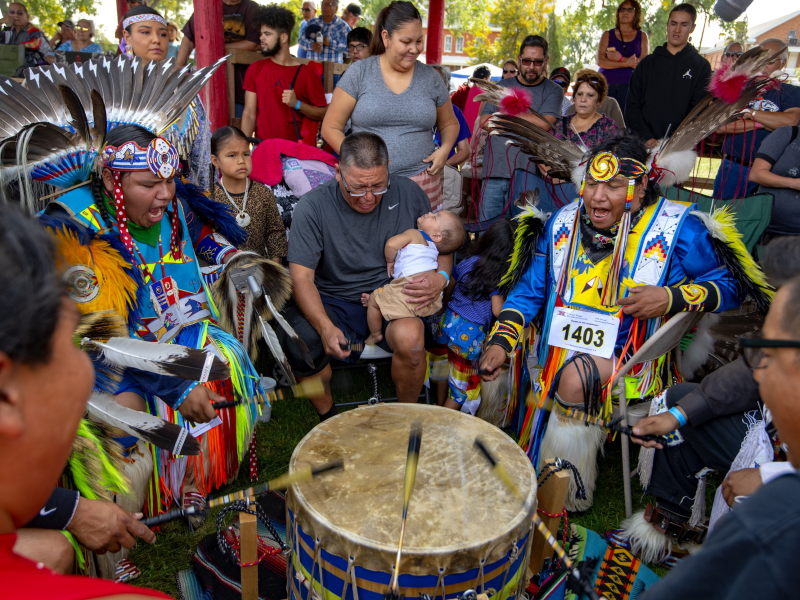
I don't know what it is about dads and bosses that prevents them from being able to say, "Let's call a meeting" or "Let's brainstorm," but it's far too common to use the word "powwow" instead.
Powwows are enormous celebrations that require months of planning. They are a way to celebrate Native heritage, art, and community. A lot of them (specifically ones that take place on reservations) tend to be private festivals, but it is possible to find public ones in larger cities around Indigenous Peoples' Day.
The idea of taking a powwow and reducing it to a "cute" way to refer to your 10-minute conference call with Jeff from corporate just makes no sense to me. Go to a public-friendly powwow, observe, and culture yourself. I promise that you won't regret it!
It's never OK to call something your 'spirit animal,' regardless of what that online quiz told you.

For real guys: Stop saying that you have a spirit animal. You literally don't. I don't care what that online quiz you took told you or how close you are with your Pomeranian.
Whether or not a tribe actually follows the "spirit animal" ideal, animals play a huge part in Native culture. For you to dilute that by taking a quiz on Buzzfeed that says your spirit animal is a cat because you "are always up to something and don't have patience for the stupidity of those around you" is extremely offensive to us.
Most tribes don't even have "spirit animals." That's just a term that was popularized because it's so easy to understand what it means. Most tribes just have what are called guides, totems, messengers, or in the case of my tribe, gods. For example, my tribe has several gods that are personified animals - my favorite being Mica, the coyote god who is a friend to the trickster spider god Iktomi, and is equally as much of a trickster.
Instead, how about replacing it with a term that isn't racially loaded, like Patronus. Y'all like Harry Potter, right?
Stop referring to people as 'chief.'
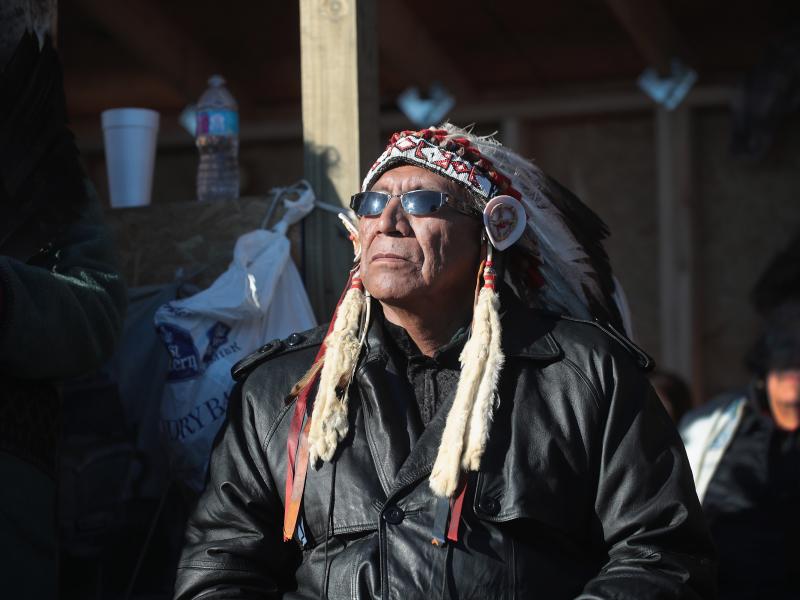
Calling a Native "chief" is offensive. It's a nickname that reduces us solely to our race. And the fact that it is such an honorable title reserved for leaders of tribes makes it so much worse. Chiefs were chosen either by tribe or inheritance to lead them and be the proxy for the tribe. I don't run my tribe, so don't call me chief.
Also, using "chief" as a term of endearment for your friends is cringey as well. Don't be that guy. Instead, think of any other nicknames you can call people, like "dude" or something.
I'm not 'Indian,' I'm Native American, Indigenous, or First Nations.

This one is tricky. After 600 years of being incorrect, our primarily white government has made "American Indian" an official term for Natives. In fact, the official federal agency that oversees Native land management is called the Bureau of Indian Affairs, however I know a lot of Natives that don't like being called Indian because that just isn't who we are - we're not from India.
A good rule of thumb for this is when referring to Natives, call us Native American, Indigenous, First Nations, or by our specific band or tribe if you want some extra Ally Points, and just let Natives call each other Indian.
Racial slurs are racist, no matter how antiquated they may be.

This one should be a no-brainer, but "redskin" and "Injun" are never OK words to say.
I do not care if you are a huge fan of Washington's football team - "redskin" is a slur that you are NOT allowed to say. If I hear you say this around me, I will give you a warning out of politeness, but after that, I will personally cancel your a--.
Even if you hear two Natives talking and one of them says it, that does not give you permission. If you ask any Native, I'm sure they've been called either one of those several times during harsh moments of racism, although "Injun" is fairly uncommon these days.
And don't call Natives, or anything they do, 'savage.'

Another slur that I personally don't tolerate that has recently become colloquially acceptable is "savage." It's a lot more innocuous than you'd think but, due to the racially loaded context of the word, it can be extremely offensive and triggering to a lot of Natives.
When the incredibly racist Dior Sauvage commercial came out in 2019, I was lucky to have many friends reach out and ask if I was OK. I wasn't. The worst part about it is that Dior simply deleted everything having to do with the ad, issued no apology, and went on with its day acting like it didn't just use Natives in an ad for a perfume named after the French word for one of the biggest slurs for us.
I don't really care if you say something that someone did was "savage, bro," but try to refrain from saying that specifically to your Native friends - that's when it can get personal and offensive. I know some people are a lot more forgiving about this one, but I'm not. This and "redskin" were the main slurs I got all throughout middle and high school, and hearing either one is a major trigger for me.
Stop saying you're Native if you aren't enrolled in a tribe.
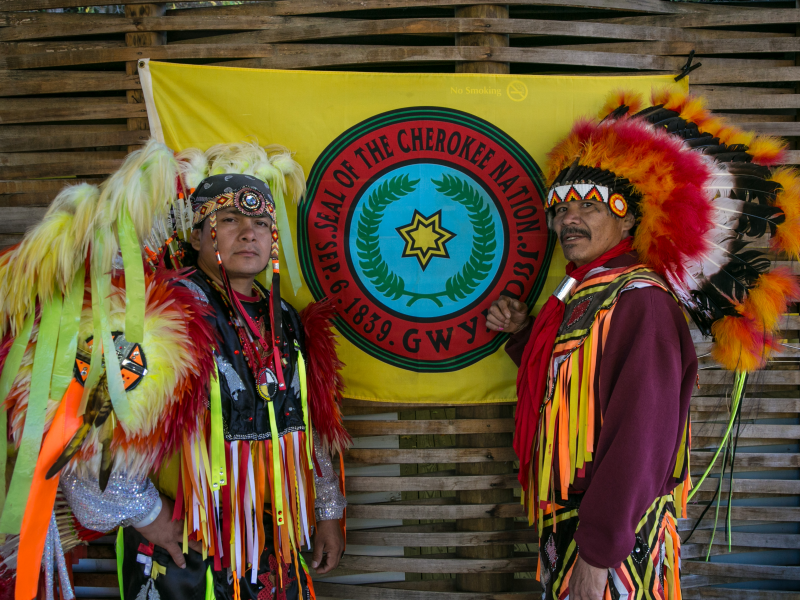
The worst part of telling people I'm Native is that in any social interaction, someone will inevitably claim to also be Native American.
They'll tell some tale about an old and distant relative that neither they nor their parents ever met who was a full-blooded "Cherokee princess," and because of this, they themselves are also Native American. (Never mind the fact that North American Native tribes had no form of royalty in any sense.)
Not surprisingly, the same people that claim Native ancestry never cite a specific band or nation - Cherokee is the go-to claimed tribe, but when claiming, they typically don't know anything specific, even though there are three different recognized Cherokee tribes. We call these folks "Pretendians."
To be Native American, you don't claim a tribe; a tribe claims you. I am an enrolled Sicangu Lakota, and my reservation is the Rosebud Sioux Reservation in Okreek, South Dakota. If you can't point to a specific band or nation of Native America that claims you as one of their own, you aren't Native. It's as simple as that.
With the recent surge of 23andMe-esque DNA tests, people have been doing this way more often. Pretendians fail to recognize the fact that Native tribes reject DNA evidence as a means of proving Native status. Also, due to blood quantum laws, being Native is based on the pedigree of our blood, making us one of three organisms on Earth determined that way, along with horses and dogs.
The worst part of this is that Pretendians love to claim Native ancestry, but when was the last time they did something for the betterment of a tribe? They never know or care about Native issues like MMIW ("Missing and Murdered Indigenous Women," a modern-day genocide of Native women), the fact that suicide rates for Native teens are 2.5 times higher than the national average, and that Native teens have a death rate two to five times higher than that of whites in the same age range.
If you claim to be Native for vanity and you don't care about us, then you are contributing to the problem.
And by the way, our culture is not a costume.
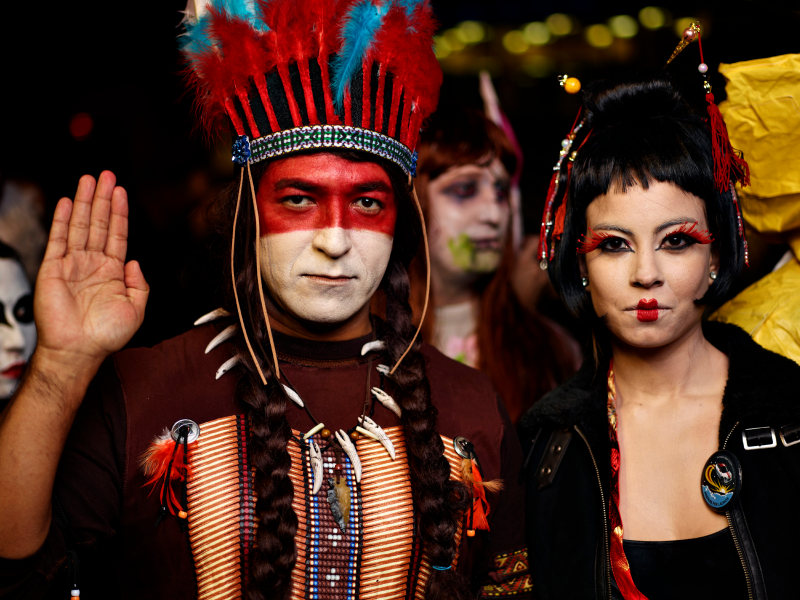
On a final note, here's a non-verbal thing you should never do and immediately call out if you see someone doing: STOP DRESSING UP AS NATIVES. My race and culture are not a costume.
Whether it's Halloween or having unknowing first graders wear paper feathers for the Thanksgiving program at the local elementary school, dressing up as another race is never OK.
Seriously, try dressing up as any other race on Halloween and you'll end up in hot water. But for some reason, non-Natives can take Pocahontas - a 17-year old who was kidnapped and forced into a marriage with a much older European man - make her "sexy," call it "Pocahottie," and wear that to a Halloween party, and no one bats an eye. I smell a double standard!
I should point out that very few tribes actually wore headdresses. But mine is one that did, and if I see you at Coachella wearing one or at Melrose Trading Post selling them as a way to pretend to be a "free spirit," I will be calling you out for your blatant racism. It's 2020 - there are no excuses.
Also, while on the subject, if you know of a sports team that uses a specific tribe or Native-synonymous word as their franchise name, and you want to be a true ally, pen them a letter that says it offends you and you'd like for them to change their name. Nothing may come of it, but it would mean a lot to Natives like me.
